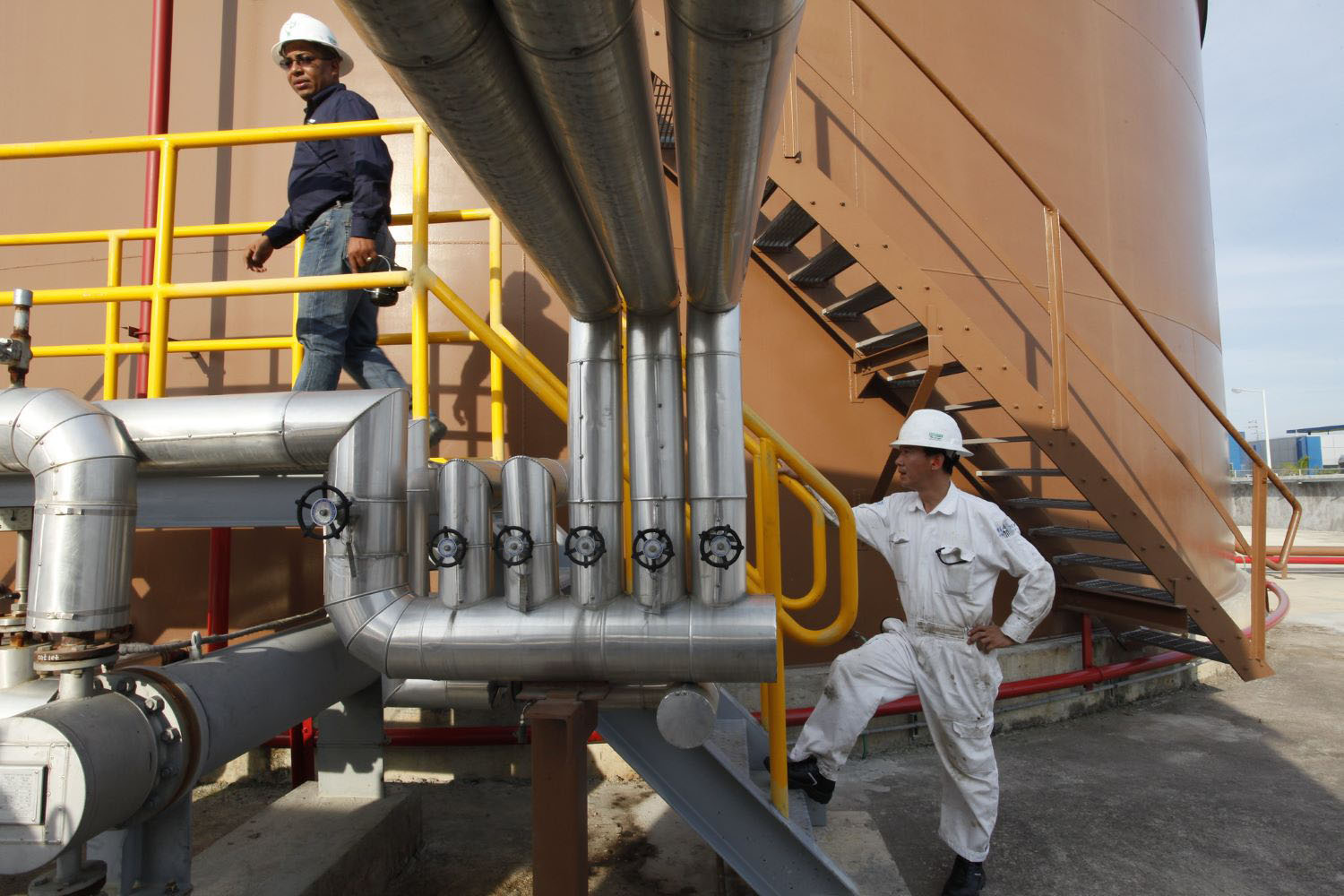Recommended
Humanitarian donor governments today spend roughly $25 billion every year, and approximately two-thirds of this is channeled through UN agencies and the international Red Cross/Red Crescent Movement. These multilateral agencies play a central role in the international humanitarian system; in addition to their mandates to address particular needs through developing and upholding humanitarian norms and standards and direct services, they provide leadership and coordination functions for the wider sector and maintain essential core expertise and capacities, such as logistics and procurement. They also act as the main intermediary for donors to channel funds to frontline responders.
Yet despite the global public service these agencies provide, their funding is remarkably unpredictable and skewed. Contributions are made almost entirely on a voluntary basis subject to donor discretion, making it hard for agencies to plan. Western donors dominate: the US, EU institutions, Germany, and the UK provide between 60-90 percent of humanitarian funding, depending on the agency. And only 14 percent of the voluntary contributions these agencies receive are core, rather than projectized, grants.
These discrepancies matter because, although the humanitarian system has helped save millions of lives and mitigate the worst human impacts of conflict and disasters, there are persistent concerns that the multilateral agencies are not performing as well as they should. In a new paper building on interviews with key informants from humanitarian donors and agencies, we explore how donors are seeking to improve performance of the multilateral humanitarian system, and we recommend actions to enhance donor trust by improving how agency performance is measured.
Donors’ varied approaches to measuring performance
Agency-specific, UN-system, and wider humanitarian reforms have delivered some efficiency gains, but issues ranging from cost-effectiveness and lack of transparency to fraud and abuse continue to dog the relationship between donors and agencies. Existing accountability mechanisms, including the Multilateral Organization Performance Assessment Network and others, do not meet the needs of most donors, who maintain their own bilateral performance management systems. These range from broadly aligning with the agencies’ own reporting systems to conditioning part of their contributions on evidence of bespoke targets being achieved.
This diffuse approach has its roots in inconsistencies between donor priorities. There is consensus amongst the donors we interviewed that multilateral agencies are a key pillar of the international rules-based system. They also offer donors levels of legitimacy, capacity, and geographical reach difficult to match through bilateral interventions. However, our donor interviewees also agree that multilaterals have limited transparency and lack efficiency when channeling resources to frontline organizations. Beyond those areas of agreement, individual donors tend to apply different foreign policy priorities—either thematic or geographical—that contribute to the fragmentation of performance management approaches.
The quid pro quo underpinning performance management frameworks imposed by donors, or indeed the system-wide “Grand Bargain,” centers around more and better (meaning unearmarked, multiyear, and as flexible as possible) funding in exchange for greater accountability and transparency. However, the opportunity for reforming donor practices is weighed down by relationships of co-dependence between individual donor and multilateral agencies,.. Donors rely on having a good story to tell in order to retain humanitarian aid budgets and political support from the multilateral system, and multilateral agencies rely on voluntary donor contributions—and, importantly, program overheads—to exist. There are limited incentives to dramatically rebalance the information asymmetry between each side of the partnership through complete transparency, or to strictly condition funding to reforms.
In our new paper, we propose adjustments to how donors measure and finance good performance, based on two hypotheses:
- A more objective and systematic measure of outcomes achieved by the multilateral humanitarian agencies, rather than activities or outputs, would increase donor confidence and therefore stabilize funding and reduce the need for disparate reporting demands.
- If donors provided funding based on comparative advantage to deliver the various functions required to achieve those outcomes, rather than predetermined partner agencies, efficiency and accountability would improve.
What donors should do
1. Invest in independent outcomes measurement
Investing in independent outcomes measurement at the country level, with an eye to eventually reducing the need to collect high levels of fragmented data on inputs and outputs, would build on efforts already made in some countries to define and measure outcomes in Humanitarian Response Plans, using existing surveillance systems such as the Integrated Phase Classification for food security. It would, however, need to go further: an outcome monitoring function should be built and resourced independently of operational organizations using bespoke metrics and aid recipient feedback. This function could be performed by the United Nations Office for the Coordination of Humanitarian Affairs (OCHA) or a non-operational NGO (such as those part of the H2H network).
2. Develop core funding compacts
Developing core funding compacts with multilateral humanitarian organizations, linking levels of unearmarked and flexible finance to the performance of pre-agreed core functions, rather than focusing on elusive information on how core funding is allocated, could reduce incentives for large agencies to compete in order to capture the majority of funding for program delivery to the detriment of frontline organizations and focus instead on their mandated functions and core capacities. As a prerequisite, donors and agencies should come to an agreement on what constitutes a core function, and on a reasonable price tag.
3. Channel a greater proportion of country-level funding through collective mechanisms
Instead of the dominant model of using operational agencies as intermediary agents, donors should consider channeling a greater proportion of country-level funding through multisector mechanisms. Multilateral pooled funds managed at the country level, for instance, by the UN or the EU, can prioritize needs across sectors and fund local responders on par with other actors. Their administration costs are lower than agencies’ overheads. The speed of disbursal has increased. Transparency and accountability for allocative decisions is greater. Donors can usually participate the governance of the funds and have therefore greater ownership of the process.
The current panoply of performance management systems, including those linking payments to performance, is resource intensive and has not demonstrated its value in improving performance. Discussions on the future of the Grand Bargain offer an opportunity to reset the conversation. Donors and agencies need to act decisively to improve the way the various functions of the multilateral humanitarian system are resourced and to demonstrate its impact more objectively.
Disclaimer
CGD blog posts reflect the views of the authors, drawing on prior research and experience in their areas of expertise. CGD is a nonpartisan, independent organization and does not take institutional positions.





